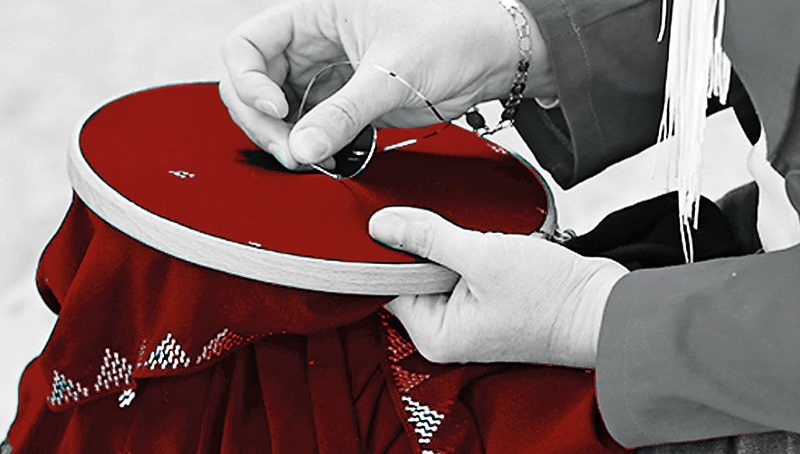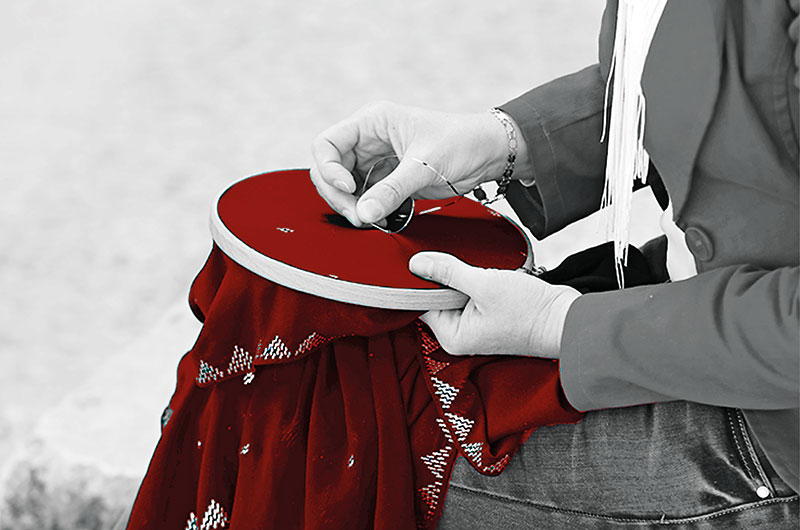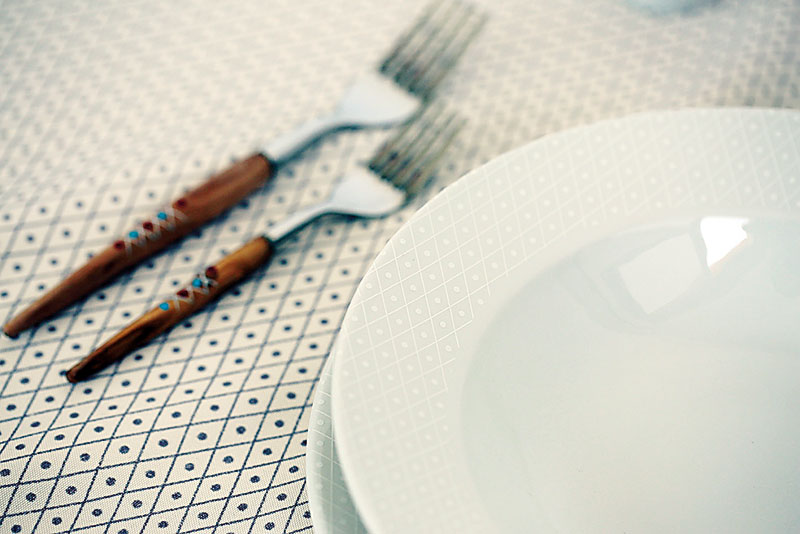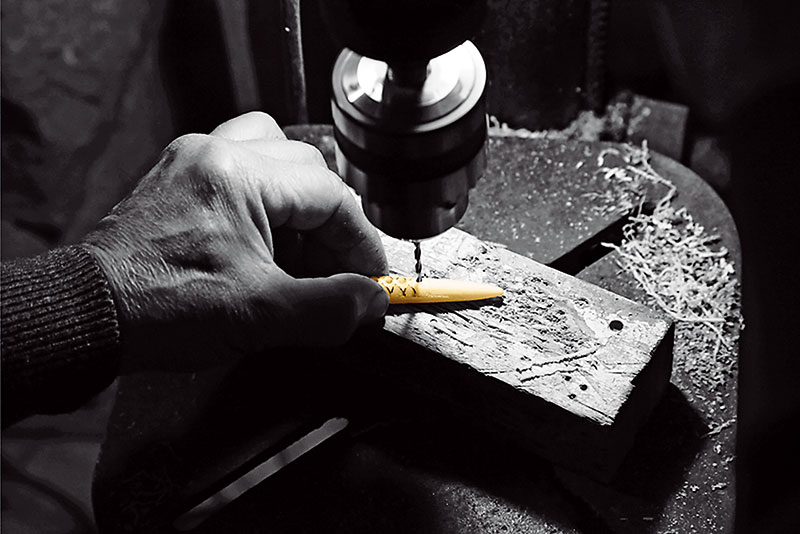One year ago, following several local and international collaborations, a contemporary Lebanese crafts collection, titled YAD, was launched. Nada Barakat, UNIDO’s national project coordinator, talked HN through the initiative’s journey over the past 12 months
Funded by the Austrian Federal Ministry for Europe, Integration and Foreign Affairs, this UNIDO project falls within the framework of ‘Supporting Host Communities in Lebanon Affected by the High Influx of Syrian Refugees’. The entire collection was designed and implemented in partnership with the Ministry of Industry in Lebanon. This collaboration saw the artisans and various local producers modernizing their production methods to finally introduce contemporary art pieces to the existing lines. The collection features handmade products, such as soap, tableware and home decoration items that include the art of tulle-bi-telli, or metal thread embroidery, otherwise known as ‘Tark el Fouda’ in Arabic. The pieces combine elegance and originality with hundreds of years of tradition and culture.
“It has been a busy, but satisfying year for the team involved in bringing the YAD collection to fruition,” Barakat explained. “When the tableware range was being promoted, we were in the prototyping phase,” she told HN. “This year, we moved into mass production. From a reseller’s point of view, if you are interested in carrying the brand in your store, you now have the ability to pre-order, which wasn’t possible in the past.”
She told HN that the cost is about USD 100 for a nine-piece set, comprising a knife, fork and spoon, which works out at about USD 10 per item. “Considering the history of this product, the price is incredibly competitive. This is intentional, as we initially wanted to see the sets in individual homes as well as food outlets,” Barakat explained.
She acknowledged that the team encountered some challenges in the production and promotion of their ceramic tableware, due to manufacturing difficulties, which meant the products had to be imported from abroad. “As a result, interested parties, be they stores or restaurants, were discouraged from buying into our proposition,” she explained. “This is mainly due to the fact that we cannot promote products as made in Jezzine when they are originally designed here, but manufactured abroad. Faced with this situation, we participated in Beirut Cooking Festival to get a feel about whether we should make other considerations, in terms of where we should be manufacturing the range.”
The ownership of the entire range belongs to the Municipality of Jezzine and products are to be showcased at the municipality’s tourism office. “We are also, with help from Hospitality Services, holding individual meetings with restaurant owners, hotels, boutique shops and other interested parties to figure out how to make our lines available to interested parties throughout the entire country,” Barakat told HN. “The thinking is that the collection will be available in Jezzine and with the backing and support of parties concerned with the initiative, we expect to roll out the entire line in the maximum number of outlets, as soon as possible.”
Turning to another challenge the team faced, Barakat noted that although many locally established stores had expressed their willingness to resell the brand, at present, their cut is much more than what the producers can afford, which is somewhat excessive. She added that the Ministry of Industry and UNIDO are now positioning the brand as part of Lebanon’s cultural and historical heritage, with plans that included possibly showcasing and selling it in the Lebanese National Museum of Beirut and Tyre. “Thus far, we have gotten tremendous feedback, which we are trying to capitalize on to the best of our abilities,” she told HN.


















